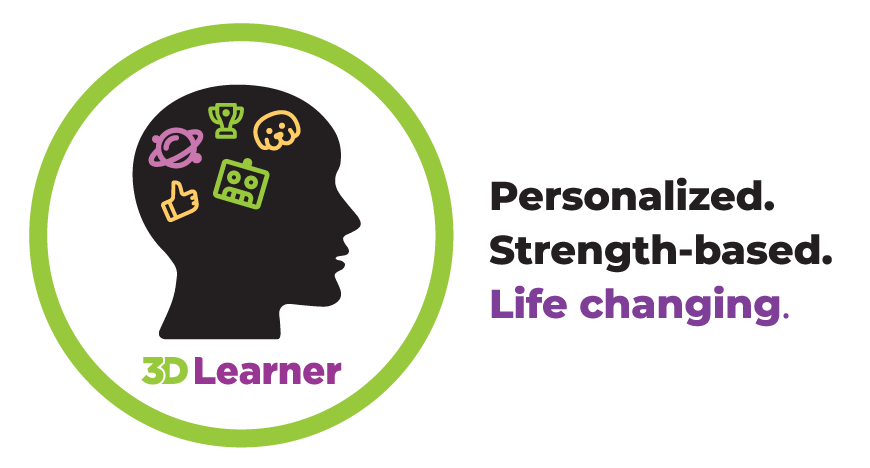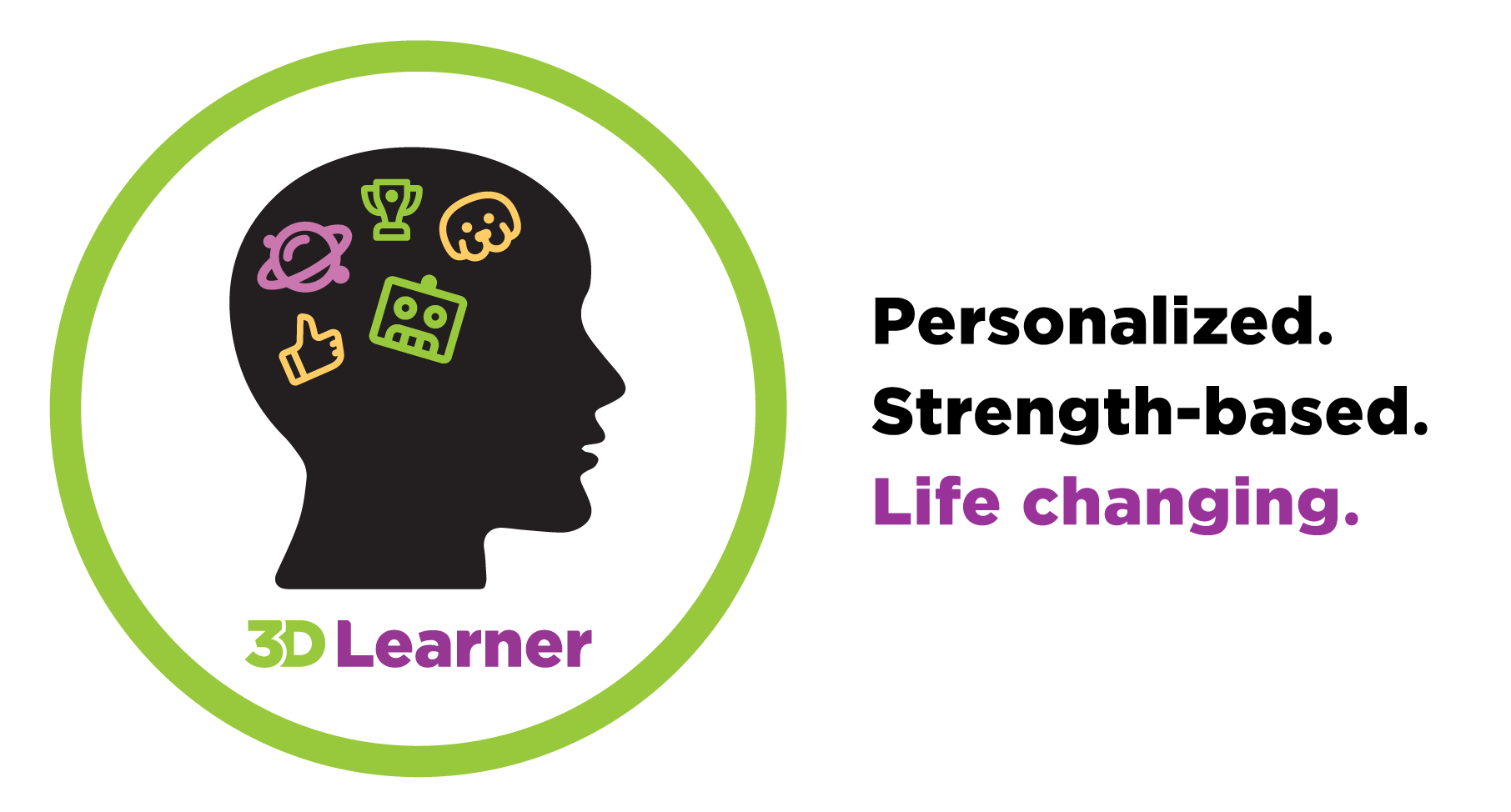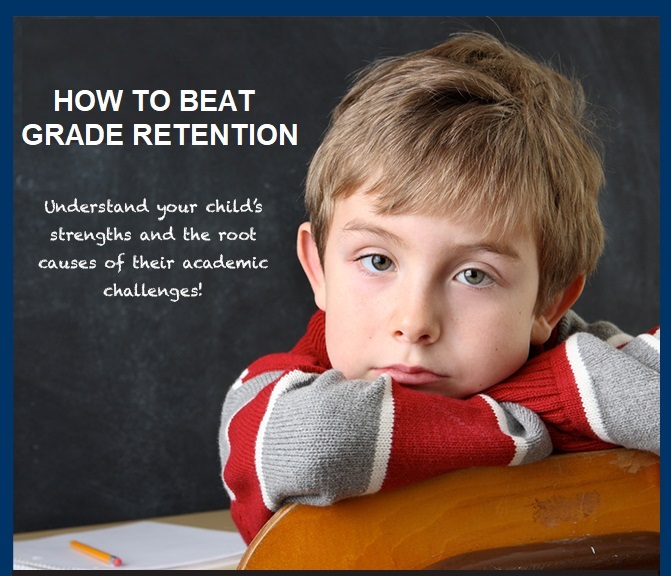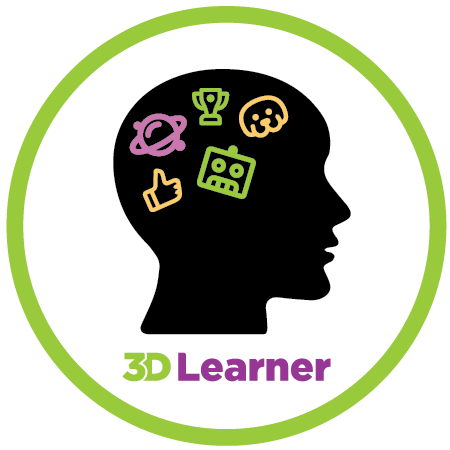Our goal is to provide you with a framework that will allow you to help your child beat third grade retention, improve their reading comprehension and to be well prepared to succeed in 4th grade and beyond. We believe that parents have the opportunity to really make the difference.
The video below is on “How to Beat Third-Grade Retention with Transformational Strength-based Parenting. Unlike traditional approaches, our focus is on:
- How to beat third-grade retention and
- How to improve your child’s reading comprehension to grade level or above within months, where possible
- Boosting your child’s self-esteem and to ignite an even greater love for learning
- How to help you to be an even better informed, empowered and proactive parents who make the difference for your child
CLICK HERE FOR THE VIDEO ON
HOW TO BEAT THIRD-GRADE RETENTION WITH TRANSFORMATIONAL STRENGTH-BASED PARENTING
As discussed in the video, many students at risk for third-grade retention are either a right brain learner or a neurodivergent learner. They often have a visual processing issue.
Click below for two screening tools we recommend you do with your child. Their answers may surprise you.
Click here to see if your child is a right-brain neurodivergent learner.
Click here to see if your child has a visual processing issue
Give us a call at 561-361-7495 or click here to
schedule a “How to Beat Third Grade Retention” conversation.
Below are our recommended 7 steps on how to beat third grade retention.
7 Steps on How to Beat Third Grade Retention
(Click here to download 7 Steps on How to Beat Third Grade Retention)
1- Work with your child’s teacher – school to:
a. Find out from your child’s teacher where your child is at and what can be done with the teacher and you working together. Be sure to find out what their present level of reading fluency and reading comprehension are.
b. If your child does not have an Individualized Education Plan ((IEP), request one – click here to read more about the process and how to request a special education evaluation.
c. If they have an IEP, consider asking for an Emergency IEP to review the goals, programs, and support to get your child as close to grade level as possible in reading comprehension and to be promoted.
d. Understand how your school system and state will allow your child to be promoted. For example, this document provides the options for promotion in the state of Florida.
e. Find out what state scholarship might be available for private tutoring. In Florida, if your child is in Kindergarten to 5th grade in a public or charter school and has a math or reading deficiency, you can apply for the $1250 New World Scholarship.
2- Strongly consider getting an outside evaluation that identifies:
a. How your child learns best.
b. Their strengths and challenges
c. Your child’s present level of reading fluency and reading comprehension. Be sure a language assessment is a part of the evaluation.
Click here to see if your child is a right-brain neurodivergent learner.
Click here to see if your child has a visual processing issue.
Complete each with your child – their answers may surprise you.
3- Set BOLD Goals for your child. Let’s say your child is presently 1.5 years behind in reading comprehension. Consider a goal of getting your child back to grade level within 5 months. Be sure to include a non-academic/school goal. Something they like or want to get better at.
4- Have a positive, open conversation with your child about how they feel. Listen to their fears, their ideas of what they want and what they like. Give positive support and together make a list of ideas that they want help on. As you work on this list – take note of what strategies work and what doesn’t work. Make as many activities hands-on or active as possible.
5- Choose the right partner for your child and you. 5 things to consider:
-
- Have they helped kids like yours to be far more successful
- Will they identify and leverage your child’s strengths
- Will they identify and address your child’s challenges
- Will they give you a program tailored to your child’s needs and your goals
- Will they help you to be the coach and advocate your child needs
6– Follow through for maximum results.
7- Being consistent is key! These kids need structure and a visual schedule to follow.






